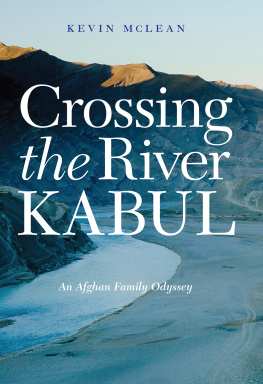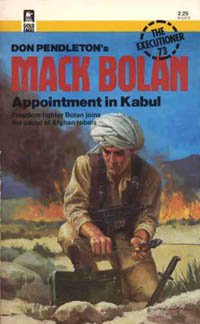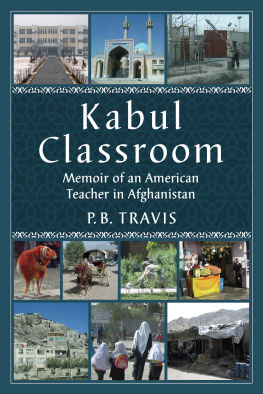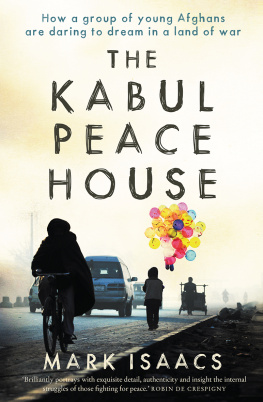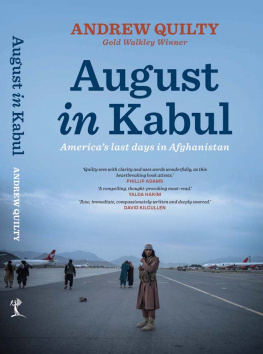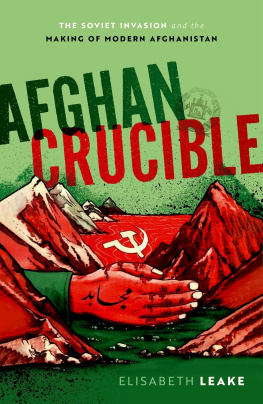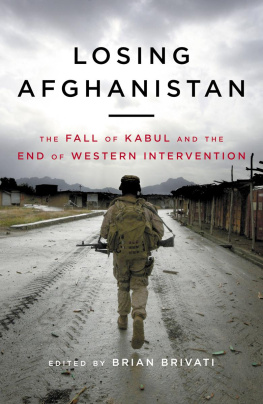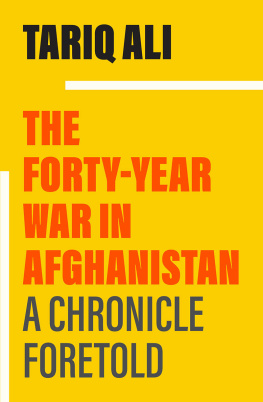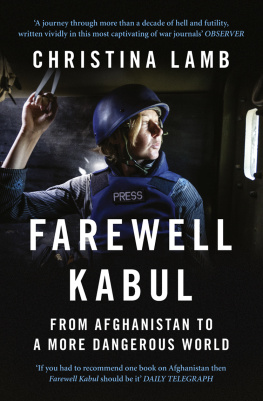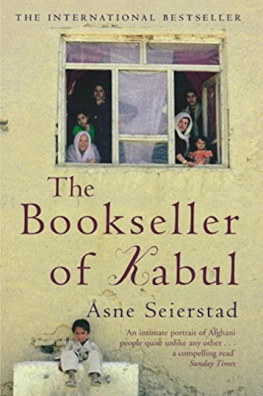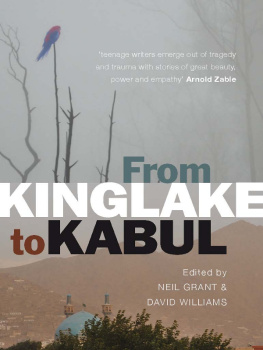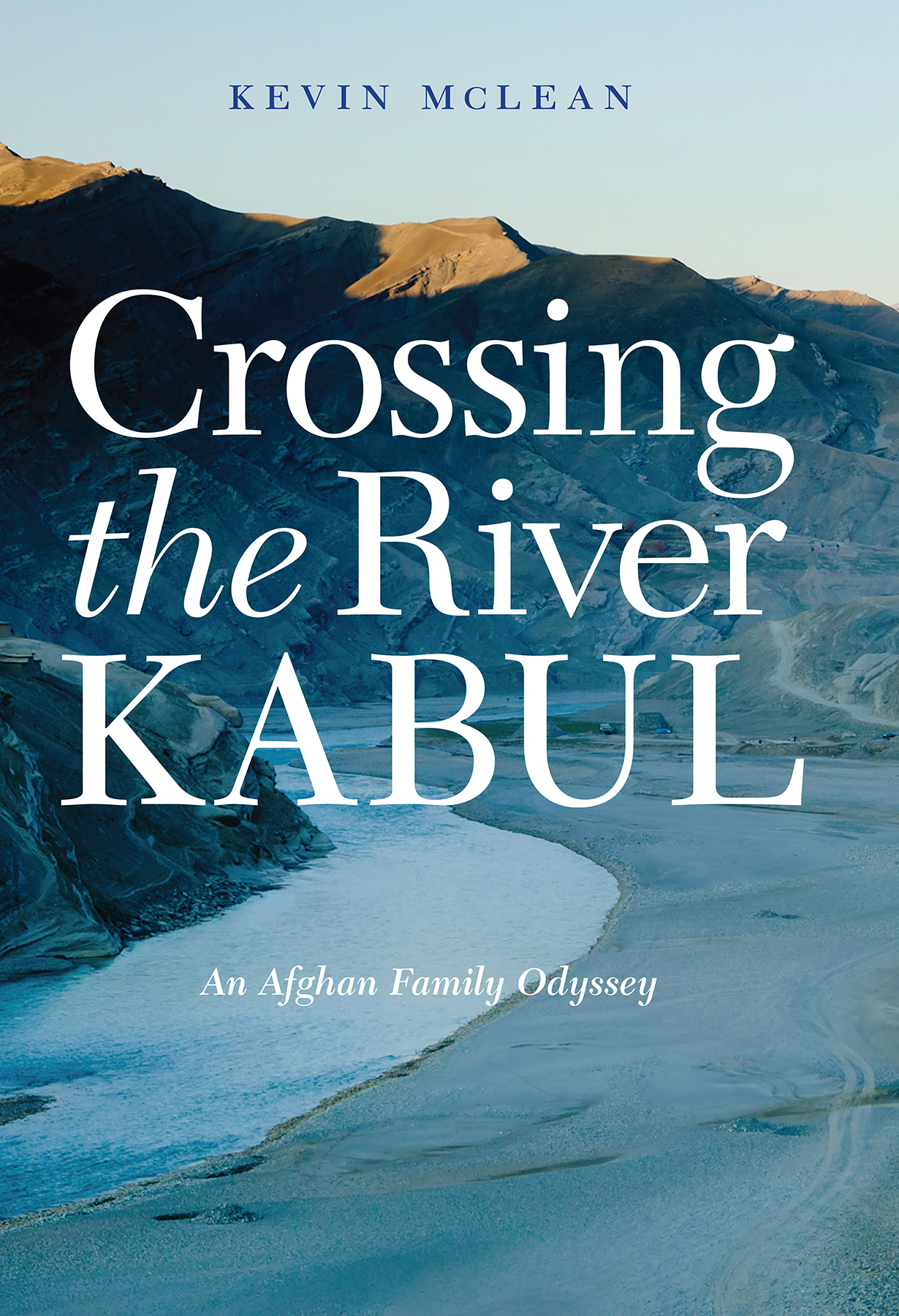
Baryalai Popals personal story is a poignant microcosm of the beauty and tragedy of Afghanistan.
Ronald E. Neumann, former U.S. ambassador to Afghanistan
A fascinating, moving, and highly readable story. We learn much about Afghan family, tribal, and cultural valuesas kings, presidents, ministers, and warlords all make their way through these pages.
Tim Foxley, former Afghanistan senior analyst for the UK Ministry of Defense
An exciting tale, as current today as it was in 1980 when Bar Popal and his family fled Afghanistan, Crossing the River Kabul is a harrowing adventure with life and death consequences explaining the tribulations experienced by refugees. While following one family, this book puts a human face on the harsh realities and complexities of those millions of people who flee the destruction of their homelands. It should be read by every compassionate person who contemplates the plight of refugees.
John B. Alexander, former U.S. Army colonel and advisor to senior ministry officials in Kabul
Crossing the River Kabul is full of exceptionally interesting stories not found in historical accounts. Afghans and non-Afghans alike will find it gripping reading.
Nabi Misdaq, broadcast journalist with the BBC World Service and author of Afghanistan: Political Frailty and External Interference
Crossing the River Kabul
Crossing the River Kabul
An Afghan Family Odyssey
Kevin McLean
Potomac Books
An imprint of the University of Nebraska Press
2017 by Kevin McLean
Cover designed by University of Nebraska Press; cover image iStockphoto.com/Mie Ahmt.
Author photo Naomi McLean.
Unless otherwise stated, photographs originally appeared in Afghanistan: Ancient Land with Modern Ways, published in 1960 by the Ministry of Planning of the Royal Government of Afghanistan.
All rights reserved. Potomac Books is an imprint of the University of Nebraska Press.
Library of Congress Cataloging-in-Publication Data
Names: McLean, Kevin, author.
Title: Crossing the River Kabul: an Afghan family odyssey / Kevin McLean.
Description: Lincoln: Potomac Books, an imprint of the University of Nebraska Press, 2017. | Includes bibliographical references.
Identifiers: LCCN 2016034822 (print)
LCCN 2016056610 (ebook)
ISBN 9781612348971 (cloth: alk. paper)
ISBN 9781612349213 (epub)
ISBN 9781612349220 (mobi)
ISBN 9781612349237 ( pdf)
Subjects: LCSH : Popal, Baryalai, 1952 | AfghanistanPolitics and government20th century. | AfghanistanHistorySoviet occupation, 19791989. | CommunismAfghanistanHistory. | AfghansBiography.
Classification: LCC DS 361 . M 36 2017 (print) | LCC DS 361 (ebook) | DDC 958.104/5092 [B]dc23
LC record available at https://lccn.loc.gov/2016034822
The publisher does not have any control over and does not assume any responsibility for author or third-party websites or their content.
For Naomi, the love of my life
By blood, we are immersed in love of you.
The youth lose their heads for your sake.
I come to you and my heart finds rest.
Away from you, grief clings to my heart like a snake.
I forget the throne of Delhi
When I remember the mountaintops of my Afghan land,
If I must choose between the world and you,
I shall not hesitate to claim your barren deserts as my own.
Ahmad Shah Durrani
Contents
Maps
Photographs
Baryalai Popal fled Afghanistan in 1980 after the Russian invasion. When U.S. and Afghan forces ousted the Taliban in 2002, Bar returned to Kabul for the first time in twenty years. That summer Bar told me the story of his return. That is the most amazing story Ive ever heard, I said.
I have many such stories, he replied.
Bars stories became the threads from which I would weave the history of his family and, with it, the history of Afghanistan.
I have chosen to tell Bars story in his voice. At his request some family names have been changed.
This book represents two journeys, Baryalais incredible journey from Kabul to America and the ten-year journey we took together in writing this book. I am in Baryalais debt for taking the time and effort to relate his many stories to me, for his diligence in ensuring my telling of them was accurate, and for his amazing memory. Baryalais wife, Afsana, contributed stories of her own and helped flesh out others while sharing her extraordinary Afghan dishes. I am grateful to Pamela Feinsilber, who provided invaluable editorial help teasing out more from every story and finding an organizational approach to a sprawling saga. My thanks to Tim Foxley and Nabi Misdaq, who reviewed the manuscript and provided useful input based on their vast knowledge and experience in Afghanistan, and to Dr. John B. Alexander, former U.S. Army colonel, for his advice and support. I also owe a great deal of thanks to Ronald E. Neumann, former ambassador to Afghanistan, whose positive response and faith in my book shepherded it to publication.
And I owe my undying thanks to my wife, Naomi, without whose constant support, suggestions, editing, and encouragement this journey would not have seen an end.
My story is entwined with that of my country. As in any relationship, you will find love, hate, battles, resolution, despair, hopeall greatly magnified because my country, the country of my birth and that of my grandparents and parents, my uncles, aunts, and cousins, my wife and my children, the country that I hold most close to my heart in my thoughts and memories, is Afghanistan. When an Afghan tells a story, he knows not to begin by boasting of how powerful his family is. For the storyteller to make himself appear more important than his listener is disrespectful, and the most important thing you can offer others is respect. But I must tell you that I am a Popalzai from one of Afghanistans two royal families. Legend has it that one day, many centuries ago, when the aging King Zirak asked his eldest son, Barak, for help getting onto his horse, Barak mocked his fathers weakness. Popal, the youngest son, took pity on his father and helped him into the saddle. When King Zirak named Popal to succeed him, Barak refused to recognize his younger brother as king. From that time on the Popalzai and the Barakzai have fought for control of Afghanistan.
In 1747 King Nadir Shah, who had created a great empire that stretched from Persia to Delhi, died. Ahmad Khan, a Popalzai, declared himself the new kingbut of course, the Barakzai refused to accept him. Rather than go to war, Ahmad Khan called a loya jirga, a decision-making council of tribal elders that is still used in Afghanistan today.
The loya jirga elected Ahmad Khan king and proclaimed him Durr-i-Durrani, the Pearl of Pearls. His kingdom became known as the Durrani Empire. Under Ahmad Shah Durrani the nation of Afghanistan began to take shape. Until the Communist coup in 1978, Afghanistan was governed by either a Popalzai or a Barakzai.
All members of the Popalzai tribe once had Popalzai as their family name. It is said that my grandfather Mukarram, a Pashtun and a khan of Kandahar, shortened our last name to Popal over a disagreement with his fellow Popalzai. My grandfathers cousin Khair Mohammad, another local khan (and the grandfather of former Afghan president Hamid Karzai), changed his family name from Popalzai to Karzai, for the village of Karz near Kandahar where the Karzai family has its roots.

